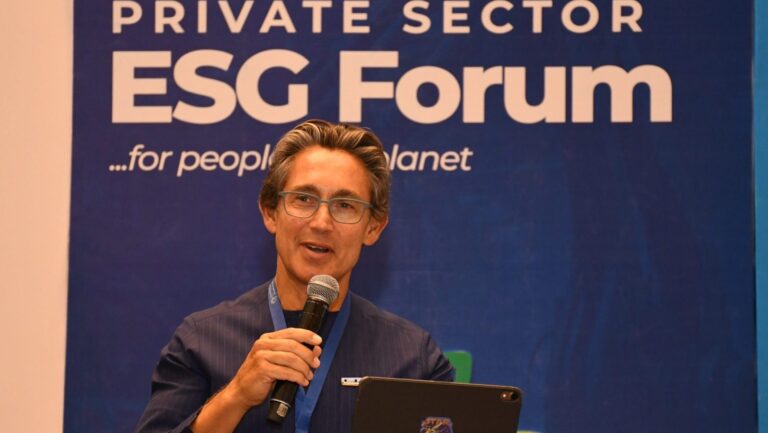British American Tobacco (BAT) Nigeria has challenged public and private sector leaders to embed Environmental, Social, and Governance (ESG) principles into Nigeria’s economic blueprint, positioning sustainability as the cornerstone of industrial growth. The call was made at the Green Business Breakfast Meeting hosted at Lagos’ John Randle Centre, where BAT showcased its ESG leadership and unveiled collaborative pathways for Nigeria’s green transition.
Key Highlights from the Forum
1. BAT’s ESG Leadership
-
Zero Waste to Landfill: All operational sites achieved 100% waste diversion.
-
Renewable Energy Pledge: Targeting 100% renewable electricity by 2030.
-
Workplace Safety: Zero lost-time incidents since 2021.
2. Multi-Sector Collaboration
BAT’s ESG Forum, now in its third year, has emerged as Nigeria’s leading private-sector-led sustainability platform, driving:
-
Young Professionals Fellowship (YPF): A 6-month mentorship program bridging Nigeria’s green skills gap.
-
Public-Private Partnerships: Aligning with Lagos State’s climate strategy, including green bonds and clean cookstove initiatives.
3. Government Endorsements
-
Titi Oshodi (Lagos Climate Adviser): Praised BAT’s “bold thinking,” citing the state’s ₦14.8 billion Green Bond and 80 Million Clean Cookstoves Project as models for scalable climate action.
-
Tunde Lemo (Ex-CBN Deputy Governor): Framed carbon as an “asset class,” urging Nigeria to tap into Paris Agreement carbon credits for billion-dollar revenues.
Quotes That Defined the Event
Odiri Erewa-Meggison (BAT West & Central Africa Director):
“ESG is no longer about ticking boxes—it’s about building a regenerative economy where profitability aligns with purpose.”
Tunde Lemo (Keynote Speaker):
“Carbon credits are Nigeria’s untapped goldmine. Projects like clean cookstoves can deliver 2x ROI while cutting emissions.”
Why This Matters
Economic Opportunity: Nigeria could earn billions annually from carbon markets (PACM).
Talent Development: Programs like YPF address the skills shortage in Nigeria’s green economy.
Policy Synergy: Lagos State’s climate initiatives (e.g., green bonds) offer a template for nationwide adoption.
Call to Action
BAT and partners urged businesses to:
-
Adopt circular economy models (e.g., waste-to-energy, recycling).
-
Leverage climate finance tools (green bonds, carbon credits).
-
Collaborate across sectors to scale ESG impact.

